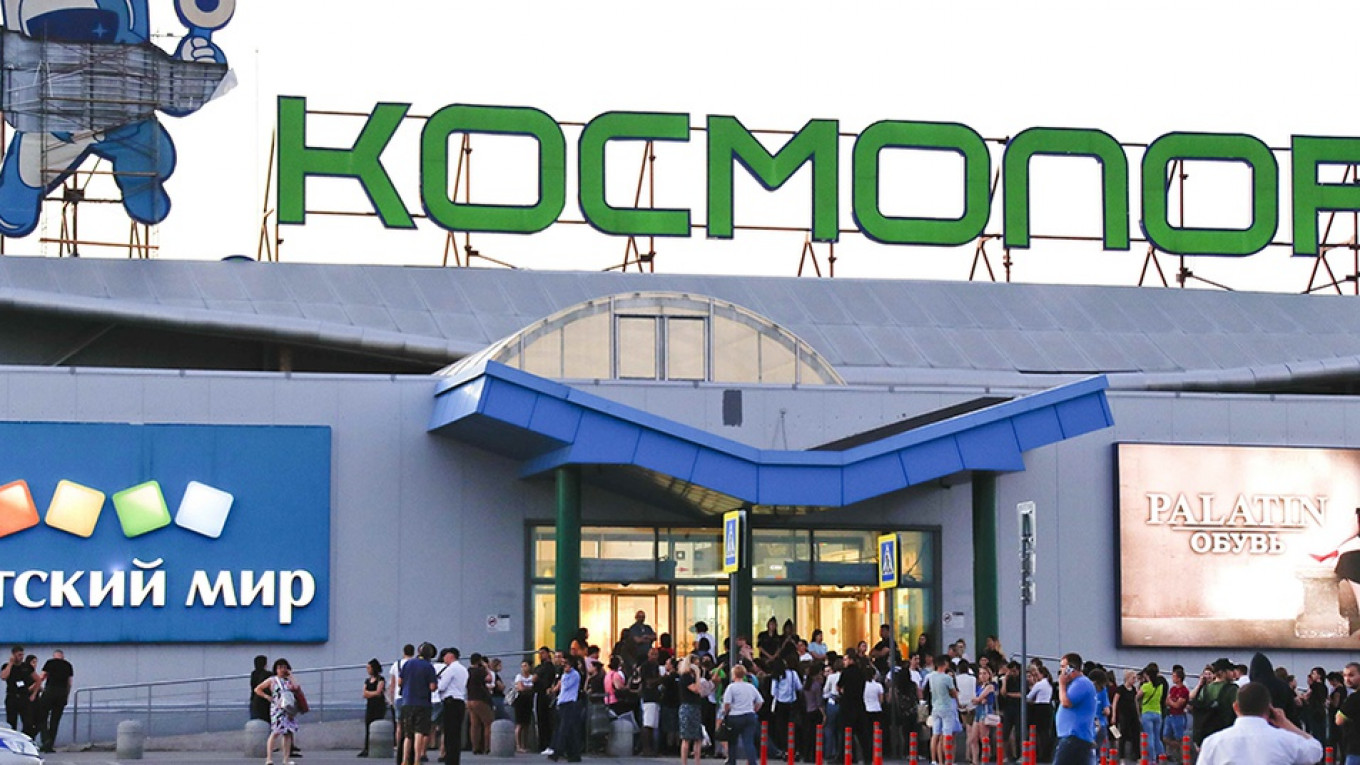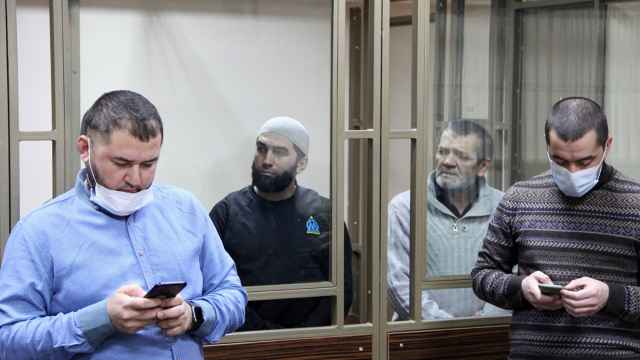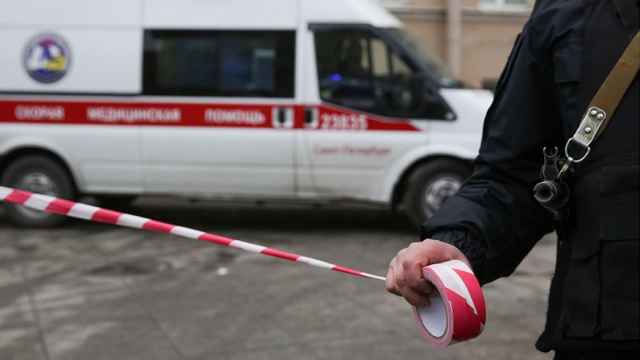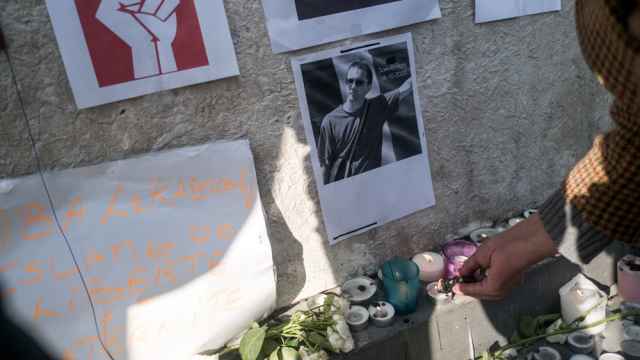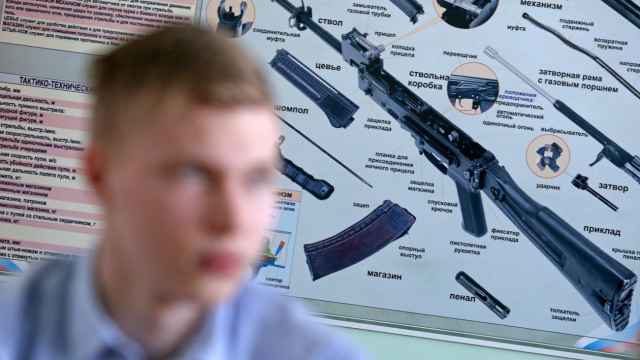Three shopping malls and a hospital were briefly evacuated in the Russian football World Cup host city of Samara on Thursday after a series of hoax bomb threats were phoned in, police and local media said.
The buildings re-opened within hours, but it was the second time in two days that such threats had disrupted a host city – police cleared bars and restaurants 1,300 kilometers (800 miles) away in Rostov-on-Don on Wednesday morning.
Police said in a statement they had carried out checks at an unspecified number of buildings after receiving a series of hoax bomb threats, but found nothing dangerous.
Emergency crews checked all three malls with sniffer dogs, then let shoppers back in, local media reported. An officer at one of the buildings said police had checked the building after receiving a message about a bomb, but found nothing.
More than a dozen elderly patients were seen sitting on chairs outside a city hospital, accompanied by a doctor, in a photograph published by local media. A member of staff said the building had been briefly evacuated but was now working normally.
Increasingly isolated on the global stage, Russia is keen to use the World Cup to project an image of stability and strength. Authorities have vowed to host a safe event and any security incidents involving fans could jeopardize Moscow's efforts.
Samara has hosted four group stage matches, including Colombia's 1-0 win over Senegal earlier on Thursday. The city will host a match in the next round and a quarter-final.
The local branch of the emergency situations ministry was not immediately available for comment.
Russia was subject to a wave of hoax bomb threats last summer, causing disruption at businesses and public buildings in towns and cities across the country.
The Russian Federal Security Service said in October it had identified four Russian citizens behind the hoax campaign, who were living abroad and using internet phone services to call in the threats anonymously.
A Message from The Moscow Times:
Dear readers,
We are facing unprecedented challenges. Russia's Prosecutor General's Office has designated The Moscow Times as an "undesirable" organization, criminalizing our work and putting our staff at risk of prosecution. This follows our earlier unjust labeling as a "foreign agent."
These actions are direct attempts to silence independent journalism in Russia. The authorities claim our work "discredits the decisions of the Russian leadership." We see things differently: we strive to provide accurate, unbiased reporting on Russia.
We, the journalists of The Moscow Times, refuse to be silenced. But to continue our work, we need your help.
Your support, no matter how small, makes a world of difference. If you can, please support us monthly starting from just $2. It's quick to set up, and every contribution makes a significant impact.
By supporting The Moscow Times, you're defending open, independent journalism in the face of repression. Thank you for standing with us.
Remind me later.



